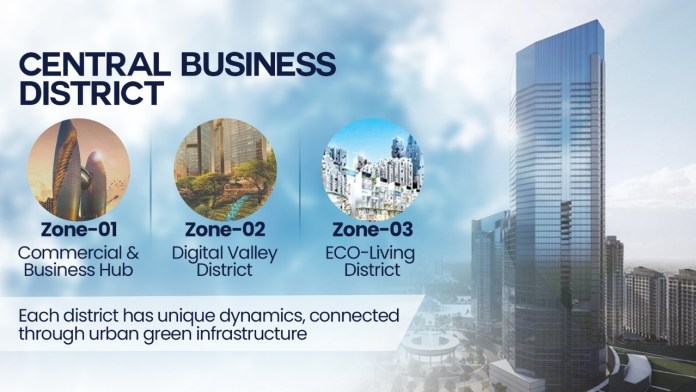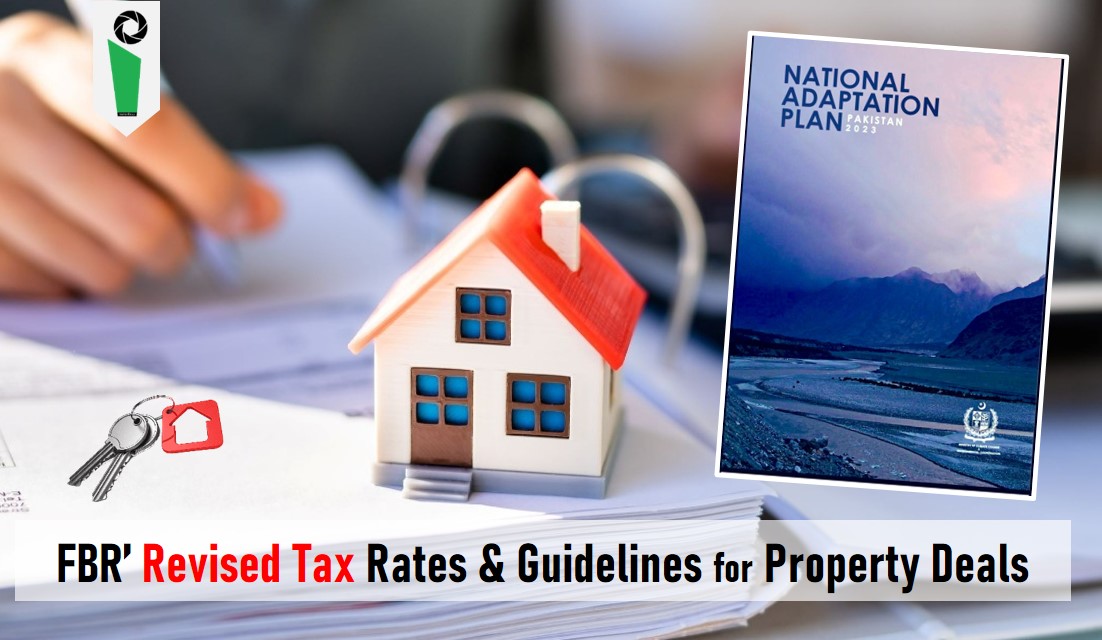30 July 2023
National Adaptation Plan 2023
Pakistan’s federal cabinet unanimously approved this week the National Adaptation Plan (NAP) prepared by the Ministry of Climate Change and Environmental Coordination (MoCC&EC). The NAP framework aims at implementing large-scale environmental adaptation, building climate resilience, promoting inclusivity and facilitating collaboration among different stakeholders, and serves as an effective tool for climate finance mobilisation. Federal Minister for Climate Change Senator Sherry Rehman says, “After the 2022 mega floods impacted 33 million people of Pakistan and broke all records of monsoon flooding in the world, a national adaptation plan (NAP) became an urgent need for the country.”

The National Adaptation Plan Pakistan 2023 has 10 guiding principles: integrate climate adaptation; think strategically; make evidence-based decisions; promote nature-based solutions; act locally; leave no one behind; think ahead and stay flexible; address inequity; coordinate and collaborate; and build capacity and knowledge. While the framework prioritises five areas: agriculture-water nexus, natural capital, urban resilience, human capital and disaster risk management (DRM).
FBR Revised Tax Rate & Guidelines for Property Transactions
The Federal Board of Revenue (FBR) has revised tax rates for non-active taxpayers to increase collection from those who are not willing to be part of tax rolls. Through Finance Act 2023, the withholding tax rates on the sale and purchase of immovable property had been increased from 2% to 3%. Now any person responsible for registering, recording or attesting transfer of any immovable property at the time of registering, recording or attesting the transfer will collect 3% or 6% tax of the gross amount received from the seller on Active Taxpayers List (ATL) or non-ATL respectively. Similarly, the withholding agent will collect 3% or 7.5% tax of the fair market value from the purchaser on ATL or non-ATL, respectively.

Earlier, the FBR also issued guidelines through an Income Tax Circular no. 01 of 2023-24 on tax payment for property sellers and transferors aimed at simplifying property transactions and ensuring tax adherence. The regulations are different for taxpayers who appear on a ATL or a non ATL person. As part of the Finance Act 2023, an important amendment was introduced, stipulating that any immovable property cannot be sold or transferred without concrete evidence presented to the transferring authority. This evidence must demonstrate that the seller or transferor has duly fulfilled the deemed income tax liability related to the respective property.
Judiciary stays works on Central Business District
The Lahore High Court has finally stayed work on all projects in the Central Business District (CBD) and also ordered an inquiry against the chief executive officer (CEO) of the district development authority in the wake of the flooding of Kalma Chowk underpass with the rainwater. Earlier, a legal counsel for the CBD presented an inquiry report before the court regarding the accumulation of rainwater in the underpass that connects the business district. However, Justice Shahid Karim rejected the report and also expressed his displeasure ove rthe allocation of huge funds for the projects of the CBD. The judge observed that the government released billions of rupees funds from the public money as if it were only a few pennies. The judge also expressed concern over the inauguration of the business district and its projects in a haphazard manner.

It is important to mention that Kalma Chowk underpass is a gateway towards CBD’s main entrance, for which serious steps were taken to revamp the entire Kalma Chowk underpass for smooth flow of traffic. But the recent heavy rain spell created a havoc situation in the entire area, where most of the main arteries have been flooded with rainwater. As a part of its intervention, the LHC has ordered the formation of an investigation committee to thoroughly probe into the issue of rainwater accumulation. The court aims to ensure that such issues do not reoccur in the future, safeguarding the interests of the city’s residents. Moreover, the court has directed the deputy commissioner to compensate cities that have suffered damage owing to rainwater accumulation. The court underscored the fact that millions of rupees had been allocated for drainage systems, emphasizing that public funds should be utilized effectively for the benefit of the public.
Pakistan Renewable Energy Potential
The Policy Research Institute for Equitable Development (PRIED) and a research institution, Renewables First, released earlier this week a jointly conducted independent study, which shows the country’ energy sector can save around $8.6 billion over the next decade by implementing improved power production strategies. The study further adds ineffective planning has led to the setting up of expensive and inefficient power plants, as these projects are burdening consumers with high electricity costs and contributing towards the ever-worsening circular debt crisis. The study explores various alternative scenarios by evaluating the government-prepared Indicative Generation Capacity Expansion Plan (IGCEP) 2022-31.

According to the World Bank, the country has tremendous potential to generate solar and wind power. As, utilizing just 0.071% of the country’s area for solar photovoltaic (solar PV) power generation would meet Pakistan’s current electricity demand. Wind is also an abundant resource. Pakistan has several well-known wind corridors and average wind speeds of 7.87 m/s in 10% of its windiest areas. However, despite a number of successful projects, the installed capacity of solar and wind energy in Pakistan, at just over 1,500 Megawatts, is just 4% of total capacity, equal to around 2 percent of total generation.


